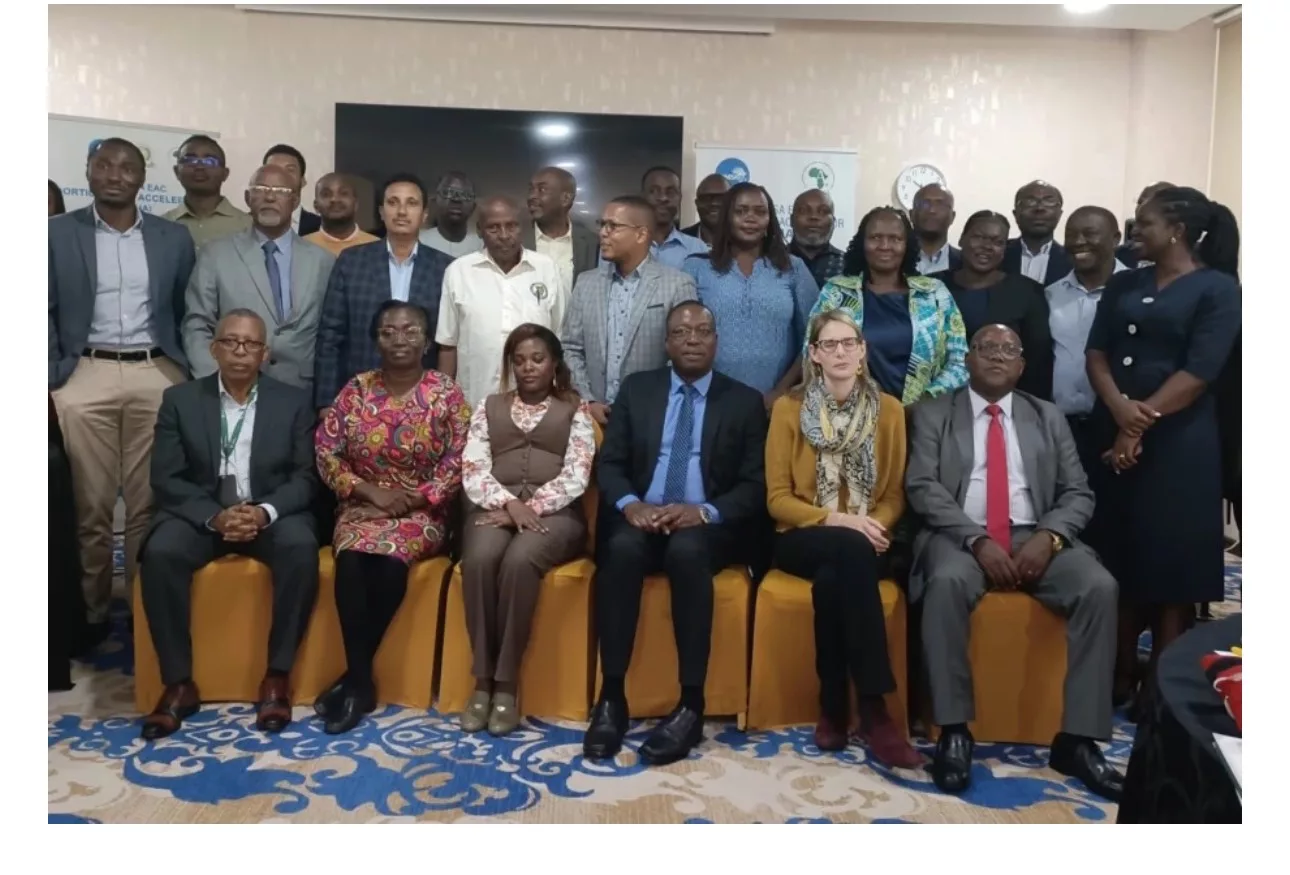|
Getting your Trinity Audio player ready...
|
Hon Tatenda Mavetera, Zimbabwe’s Minister of ICT, Postal and Courier Services has proposed strategies for the Southern African Development Community Parliamentary Forum (SADC PF) to embrace artificial intelligence (AI) to foster sustainable development in the region.
She revealed this in a video presentation during an AI symposium held at the Elephant Hills Resort in Victoria Falls running under the theme “Harnessing Artificial Intelligence (AI) for Effective and Efficient Parliamentary Processes in the SADC Region: Experiences, Challenges and Opportunities.”
Among the recommendations, Hon Mavetera urged legislators, in terms of AI ecosystems, to come up with high-performance computing facilities and open data initiatives.
She urged the development of a legislative data sovereignty plan and the establishment of data localization rules as well as approving cross-border data flows.
Hon Mavetera said Zimbabwe led a successful methodology report, which was unveiled in February this year. She said the shared vision for artificial intelligence in Zimbabwe will emphasize inclusivity and accountability while being consistent with national interests and values.
Zimbabwe is working on launching an artificial intelligence innovation fund. The government working on tax incentives which will also attract artificial intelligence investments in our country.
“We are finalizing our ICT start-up policy. We focus on disruptive technologies, where we believe in the need to capacitate our talent, and our innovators so that they develop programs around artificial intelligence. We are finalizing our national artificial intelligence strategy,” she said.
The ICT Minister emphasized the need to build domestic capacity and ensure that academic institutions produce homegrown solutions to bridge the digital divide between urban and rural areas in pursuit of leaving no one and no place behind.
“When our skills gap meets with this great need for artificial intelligence education and training, let us grow our workforce, reskill them, and make sure that they are capacitated and ready. Cybersecurity and disinformation is also a challenge. We need to set up robust cybersecurity measures within our various countries.
“We need to come up with an AI governance council and annual AI review summits. In terms of the adoption and deployment of artificial intelligence, there is a need for us to collaborate among institutions like SADC and the SADC Parliamentary Forum. Parliament has to legitimize data sharing, allocate budgets, and also evaluate the impact of artificial intelligence. We need to adopt a regional AI governance framework, pool resources for AI research and infrastructure, and strengthen certain digital trends,” Minister Mavetera said.
She said there is a need to implement and expand AI research capabilities at universities, research centers, and innovation hubs across SADC countries. Hon Mavetera emphasized the need to create partnerships for AI talent development and placement, and also acquire foreign AI talents that would come and invest in various countries in the region.
“In terms of governance, there is a need for us to develop a harmonized national policy framework for AI and emerging technologies, develop risk and safety frameworks to govern AI development and development, revise and develop agile, legally-government-related frameworks to meet the demands of artificial intelligence, to pursue collaborative, inter-government, non-governmental, and private sector AI governance approaches. On funding, we need to incentivize investment in AI for both local and foreign private sectors, to leverage public resource allocation to prioritize investments in artificial intelligence.”
Prof Eddie Mwenje, the Vice Chancellor of Bindura University of Science Education said artificial intelligence is a transformative force, redefining parliaments and influencing legislative processes and citizen engagements.
Parliaments across the SADC region have to adapt to emerging technologies. This is because the populace that we serve, the citizenry, are techno-savvy. They are catching up with technologies, they are using technology. They are using technology. They are using technology. They are using technology.
“Zimbabwe’s Parliament recognizes AI as a tectonic shift for fulfilling constitutional obligations with greater efficiency, transparency, and also responsiveness to the greater populace. This aligns with Zimbabwe’s Vision 2030 to leave nobody behind and to have an upper-middle-class economy and also the tenth institutional strategic plan for 2025 which emphasizes modernization through technological innovation.
“His Excellency President Mnangagwa mentioned yesterday that across universities, innovation hubs have been set up as well as industrial parks. These particular hubs serve to provide innovations to the nations that would leapfrog processes and other institutions that support government,” Prof Mwenje said.






